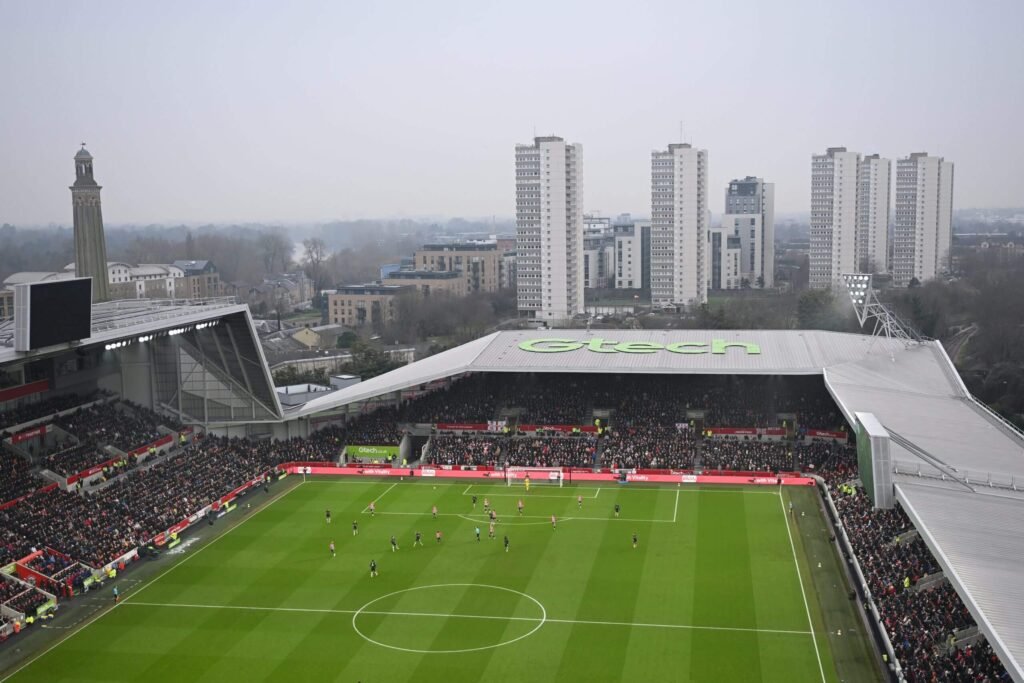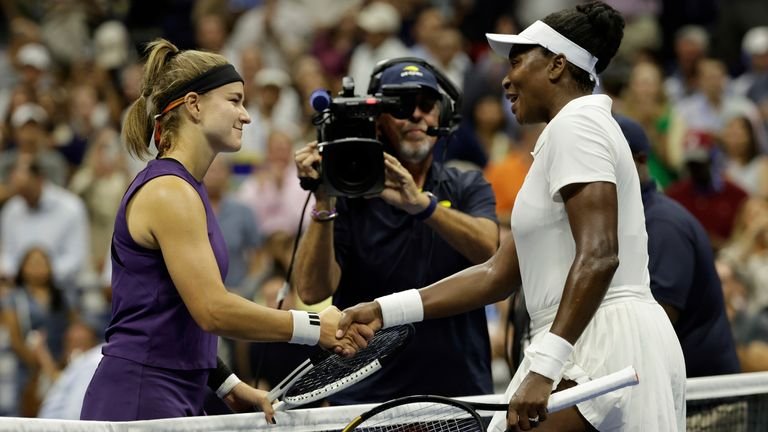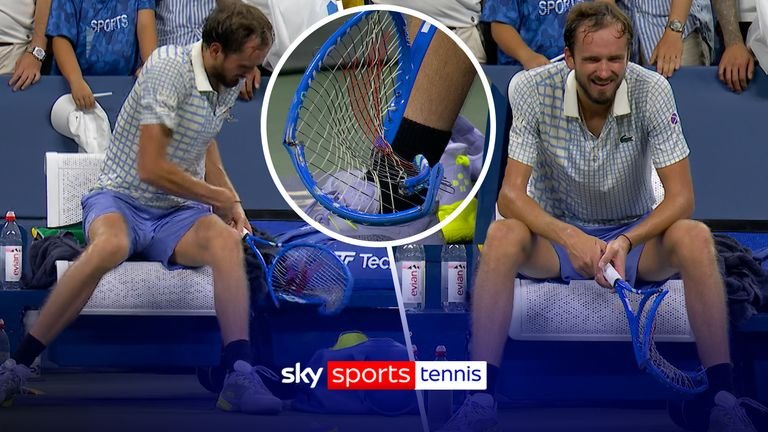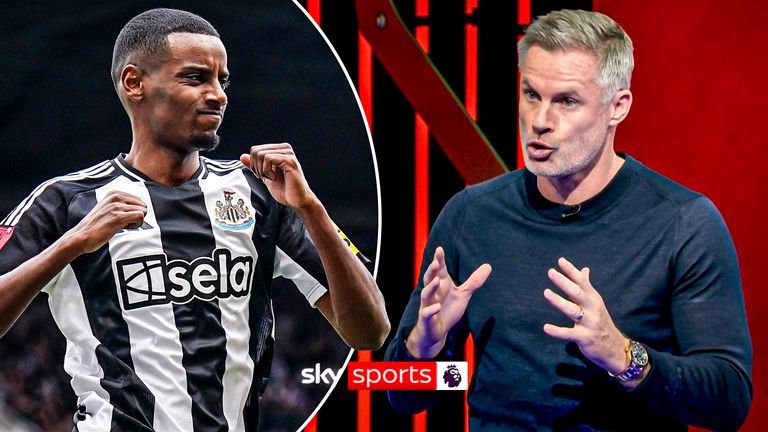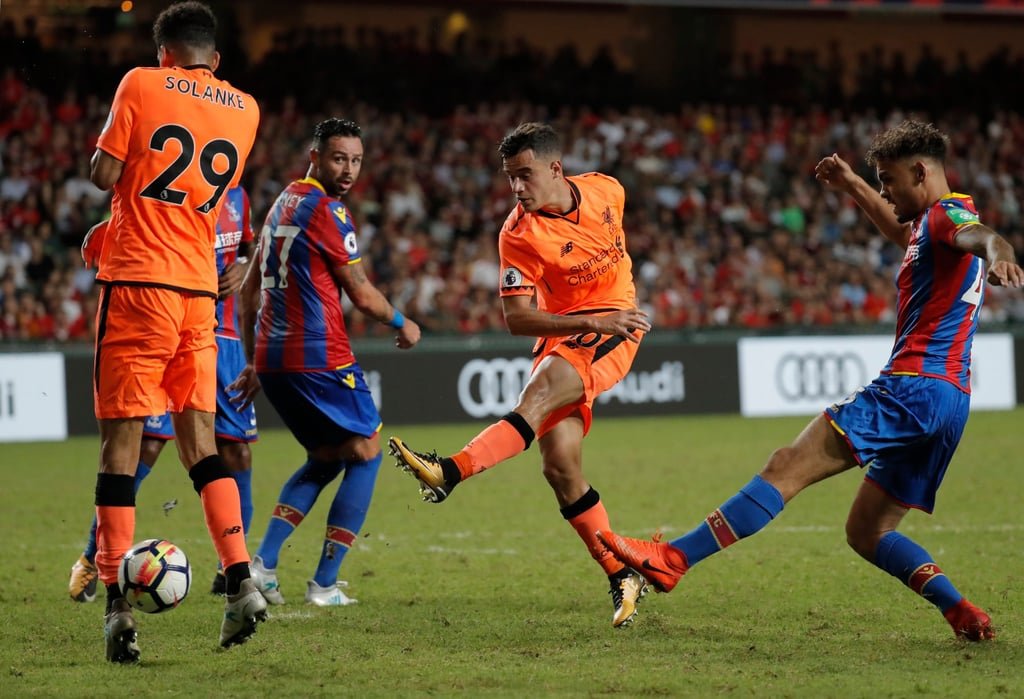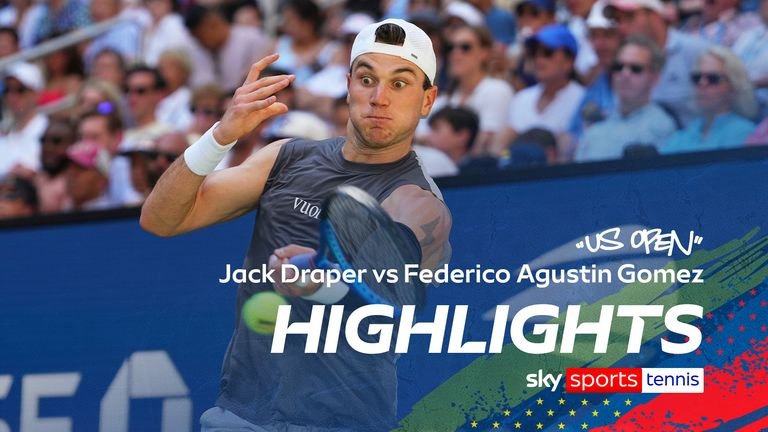![Jens Castrop, second from right, and his family [CHRISTIAN VERHEYEN]](https://koreajoongangdaily.joins.com/data/photo/2025/08/26/cf5b8db1-5f0d-4ecd-aa13-a3d8167e8126.jpg)
Jens Castrop, second from right, and his family [CHRISTIAN VERHEYEN]
Jens Castrop, a 22-year-old midfielder, has rejected a potential call-up to Germany’s national team and pledged his future to Korea.
“I’ve always valued my roots and identity,” Castrop said. “Choosing a national team isn’t about honor or conditions — it’s about where my heart truly belongs.”
Hong Myung-bo, head coach of the Korean national football team, announced the squad on Monday for a series of friendlies in the United States next month. Among the new faces was Castrop, a dual national of Korea and Germany.
Since making its international debut at the 1948 London Olympics, Korea has never before selected a biracial player born overseas for the men’s national team in its 77-year football history. “He has steadily developed in the Bundesliga and shown strong commitment and responsibility toward joining the Korean national team,” said Hong.
Since March, Castrop has expressed his desire to represent Korea in a series of exclusive interviews alongside his 59-year-old Korean mother, Ahn Soo-yeon, and Markus Han, the CEO of Minosports, who manages his Korean representation.
That passion traces back to Ahn, who raised Castrop to be proud of his Korean heritage. Born in Korea and a landscape architecture graduate of Seoul National University, Ahn moved to Germany in 1996, where she met her German husband, a lawyer. They settled in Düsseldorf and had three sons, with Castrop, born in 2003, being the second.
![Head coach Hong Myung-bo announces the national team roster for the September friendlies during a press conference at the Korea Football Association headquarters in Jongno District, central Seoul, on Aug 25. [NEWS1]](https://koreajoongangdaily.joins.com/data/photo/2025/08/26/1ec1d6f6-2805-4bba-ab2a-8f257406d13c.jpg)
Head coach Hong Myung-bo announces the national team roster for the September friendlies during a press conference at the Korea Football Association headquarters in Jongno District, central Seoul, on Aug 25. [NEWS1]
“I brought German eco-friendly business models like rainwater management and playground safety systems to Korea in the 2000s because I wanted to contribute, even in a small way,” said Ahn. “And I always told Jens, ‘Your roots are Korean, and you must have a Korean identity.’”
Castrop first came onto the radar of the Korea Football Association (KFA) in 2022, when then-technical development chief Michael Müller reached out to Ahn. Interest in the midfielder continued under both former manager Jürgen Klinsmann and current coach Hong, eventually leading to a full-scale process for naturalization.
He filed a birth report in Korea in February and received his Korean passport in May. He has officially switched his football allegiance from the German Football Association (DFB) to the KFA. Despite being a regular on Germany’s U-21 team, the DFB made one final appeal, even informing the KFA and Castrop’s agency that he was on the long list for potential selection to Germany’s senior team. Still, Castrop chose Korea. The German outlet Sport1 wrote: “Germany’s future has gone to Korea.”
“The DFB said he could make the Euro qualifiers in two years,” according to Castrop’s management. “At 22, he could have waited and taken a chance with the German national team. But he chose Korea before his professional peak.”
![Jens Castrop, as a child, poses with his brothers and Cha Du-ri in Dusseldorf. [AHN SOO-YEON]](https://koreajoongangdaily.joins.com/data/photo/2025/08/26/72f252dd-34aa-4a14-a670-47d74ac21c87.jpg)
Jens Castrop, as a child, poses with his brothers and Cha Du-ri in Dusseldorf. [AHN SOO-YEON]
FC Nurnberg head coach and former World Cup record scorer Miroslav Klose was so fond of Castrop that he told him, “Let’s throw a party” upon hearing the news. Castrop’s career trajectory continues upward — he signed with Mönchengladbach this winter for 6.7 billion won ($4.82 million), turning down offers from clubs including Werder Bremen, Augsburg and Mainz. On Monday, he made his Bundesliga debut, coming on as a substitute against Hamburg.
Korea’s midfield needs reinforcement, particularly a partner for Hwang In-beom of Feyenoord Rotterdam. Castrop can play both as a defensive midfielder and a box-to-box midfielder. Last season alone, he received 11 yellow cards — a testament to his gritty style reminiscent of Italy’s Gennaro Gattuso or Chile’s Arturo Vidal. During his time with Cologne’s U-17 squad, he played just ahead of current Liverpool midfielder Florian Wirtz, earning the nickname “vacuum cleaner” for his defensive tenacity. His top sprint speed is 34.64 kilometers (21.5 miles) per hour, faster than Hwang Hee-chan’s 33.3 kilometers per hour.
“Castrop brings a different style from existing midfielders like Hwang In-beom, Kim Jin-gyu of Jeonbuk Hyundai Motors and Park Yong-woo of Al Ain. He’s a real fighter,” said Hong. Castrop added with a laugh, “I’ve even played wingback and winger when my club coach needed me to.”
Germany has long pursued multicultural players like Mesut Özil, Ilkay Gündogan, Lukas Podolski and Klose — often competing with other nations for their services. While some in Korea have raised concerns about cultural and language differences, globalized football makes such worries increasingly obsolete.
Now holding a Korean passport, Castrop is subject to Korea’s military conscription law. If he stays in Korea for more than six months in a year or engages in 60 days or more of economic activity before turning 37, he could be drafted. Nonetheless, Castrop has made his choice clear.
“The Korean team is not about a passport — it’s about where I truly belong,” he said. “I’m fully aware of the military obligation, but what matters most is that I want to give everything I have for the Korean team. I’m in constant communication with the KFA and my management about this.”
Castrop concluded with a heartfelt declaration: “My blood is 50 percent Korean and 50 percent German, but my heart is Korean.” He added, “And I want to prove that with my performance on the pitch.”
This article was originally written in Korean and translated by a bilingual reporter with the help of generative AI tools. It was then edited by a native English-speaking editor. All AI-assisted translations are reviewed and refined by our newsroom.
BY PARK RIN [[email protected]]

